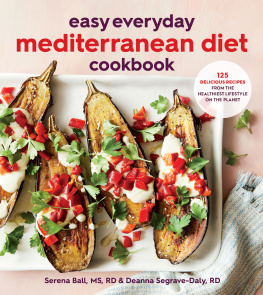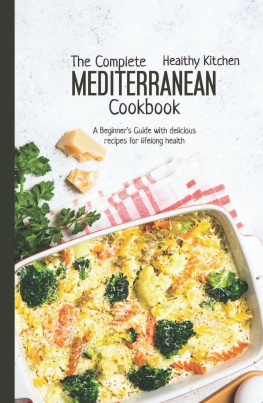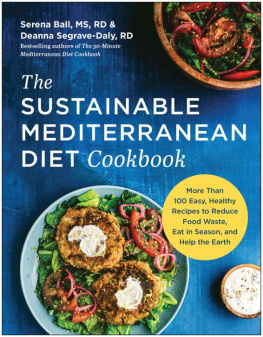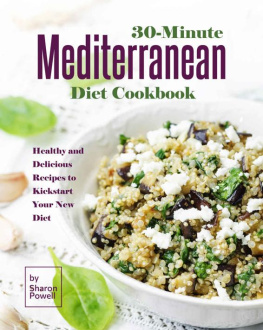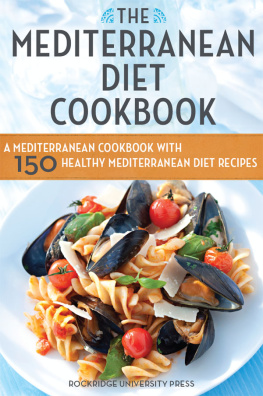Connect with HMH on Social Media
Follow us for book news, reviews, author updates, exclusive content, giveaways, and more.
Contents

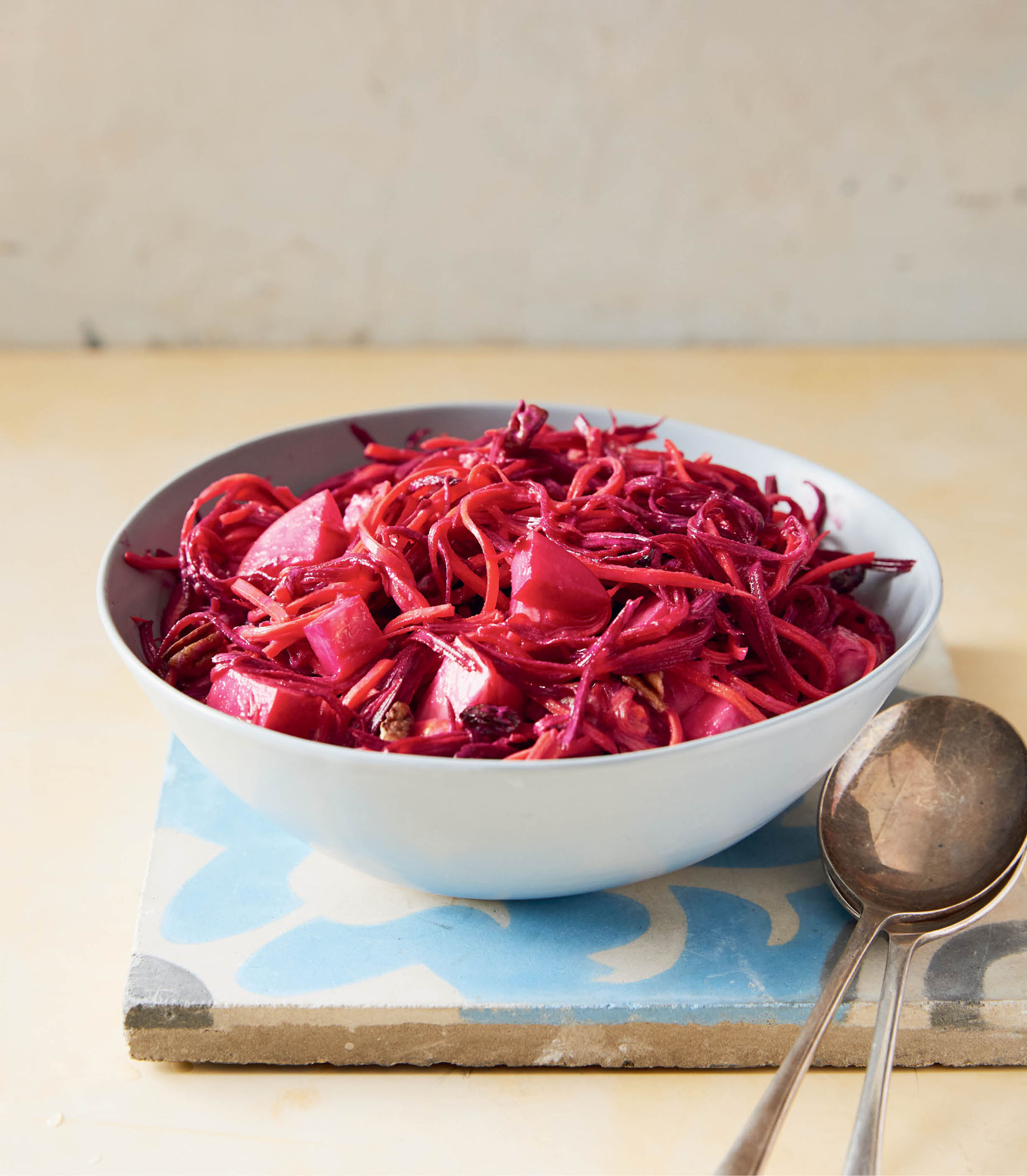
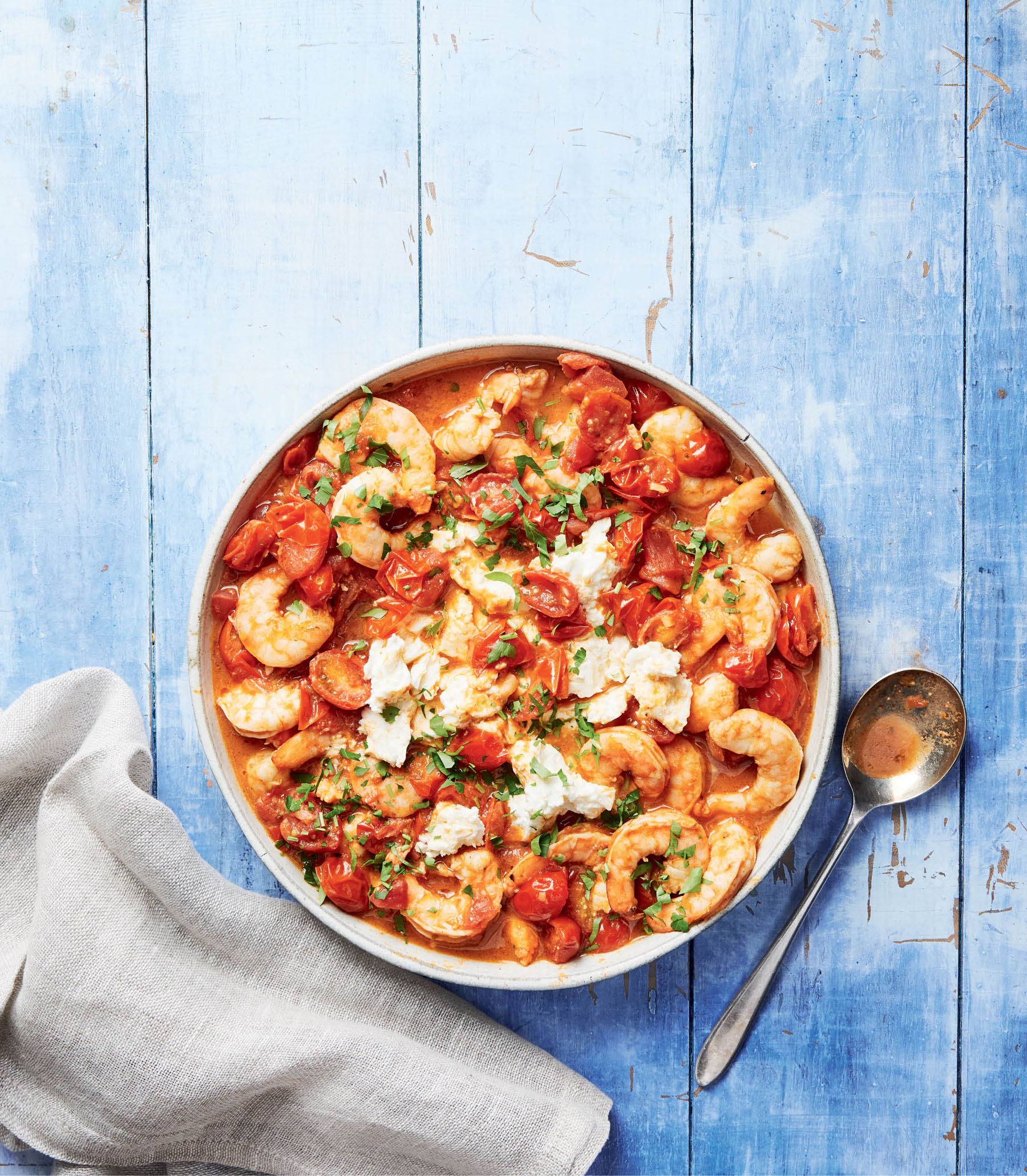
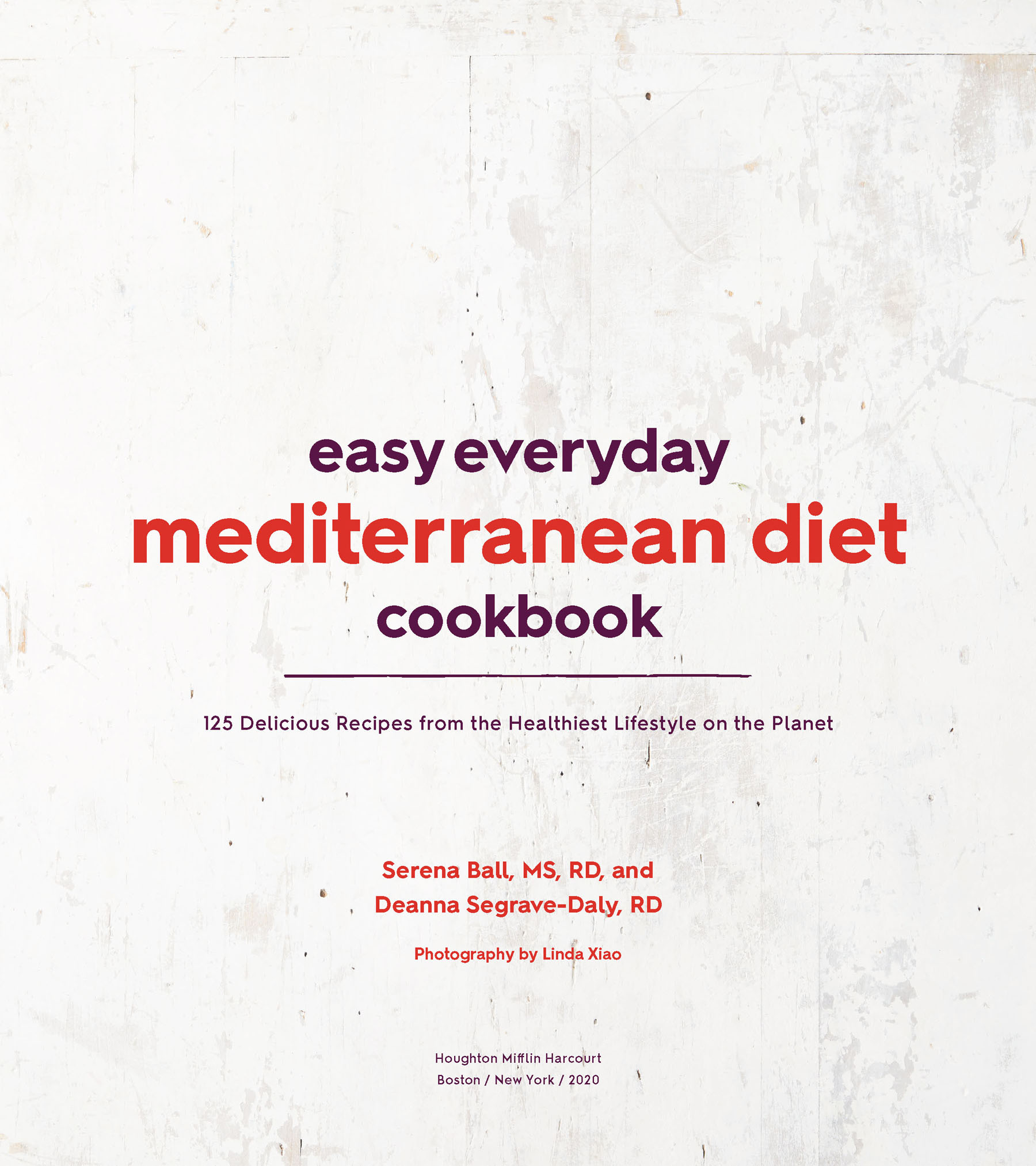
Copyright 2020 by Deanna Segrave-Daly and Serena Ball
Photography 2020 by Linda Xiao
Food Styling by Kate Buckens
Props Styling by Maeve Sheridan
All rights reserved
For information about permission to reproduce selections from this book, write to or to Permissions, Houghton Mifflin Harcourt Publishing Company, 3 Park Avenue, 19th Floor, New York, New York 10016.
hmhbooks.com
Library of Congress Cataloging-in-Publication Data is available.
ISBN 978-0-358-37541-8 (pbk)
ISBN 978-0-358-37591-3 (ebk)
Book design by Rita Sowins
v1.0920
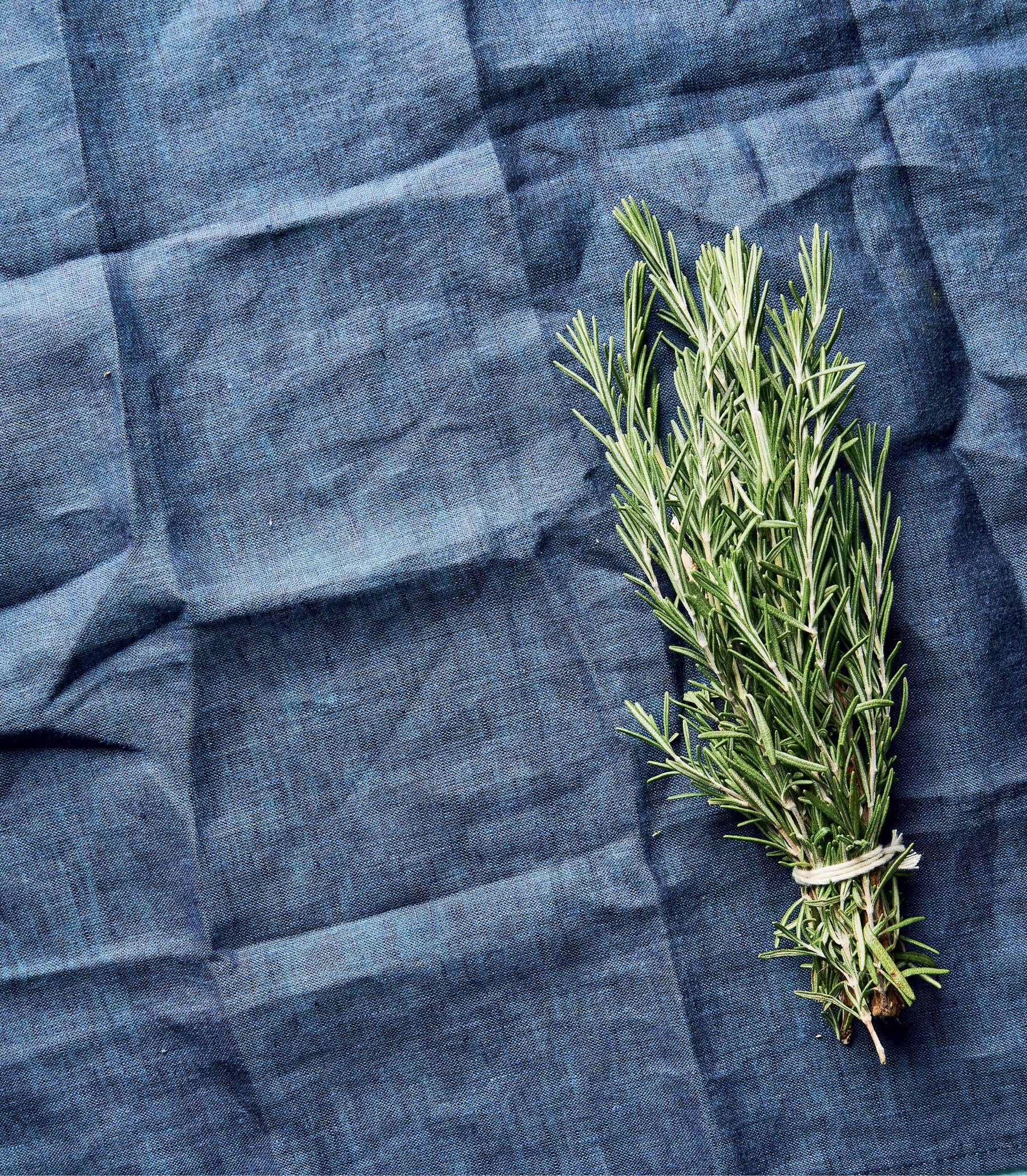
contents

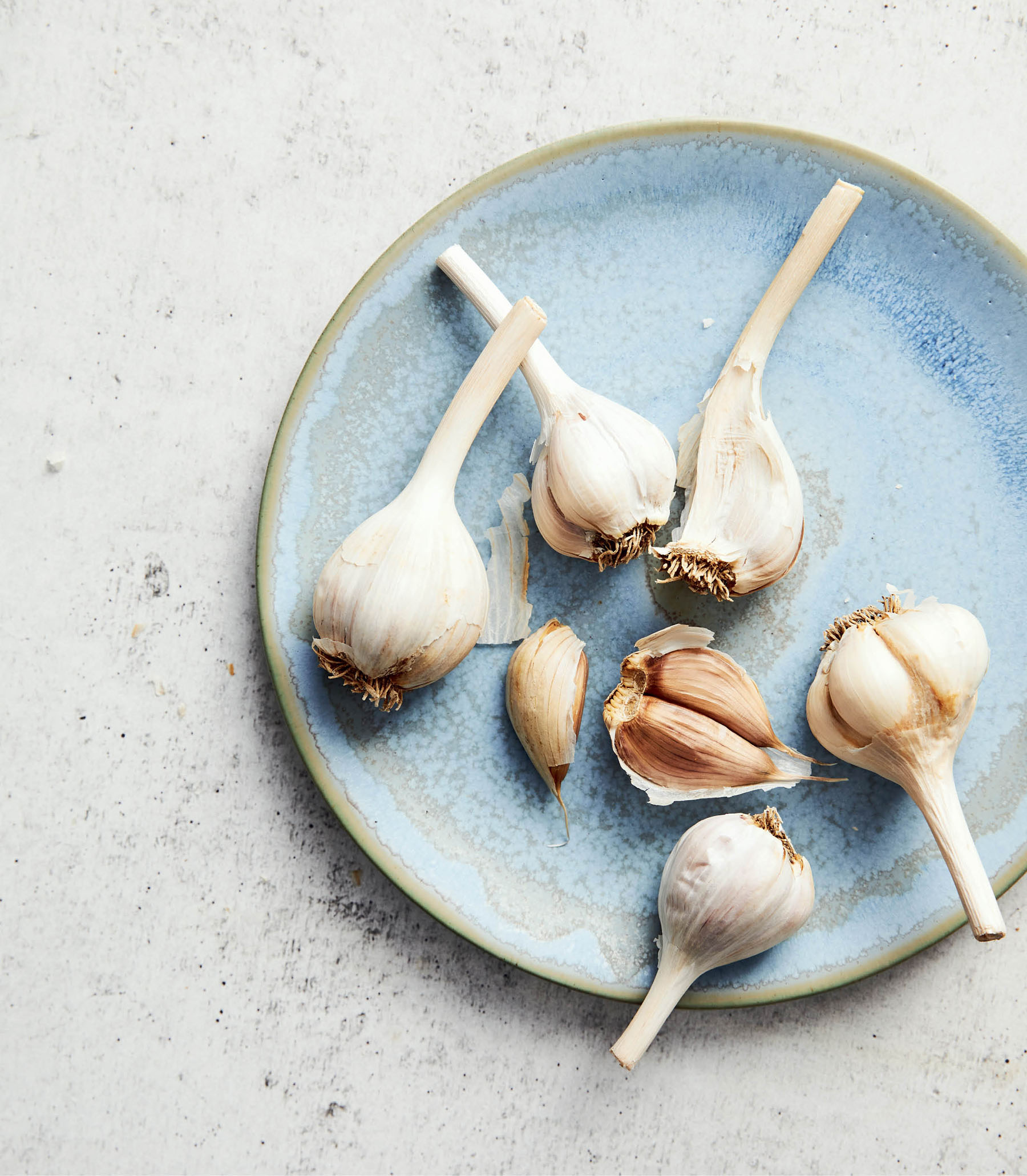
acknowledgments
A humble thank-you to Clare Pelino and Justin Schwartz, who took a chance on us, and for Stephanie Fletcher and Jacqueline Quirk, along with our HMH marketing and publicity teams, for seeing us to the finish line with this project. We are so grateful for the extraordinary talent of Linda Xiao, Kate Buckens, Tiffany Schleigh, and Maeve Sheridan for turning our recipes into visual dishes of delight. Lastly, we wouldnt be here without our loyal friends, family, readers, and diligent recipe testersthis cookbook is dedicated to all of you. xo
introduction
Quite simply, the Mediterranean Diet is a routine of eating the delicious foods found in the regions that border the Mediterranean Sea. Scientists have found that eating these foods on a regular basis can help people live longer and feel healthier.
What is the Mediterranean Diet?
The Mediterranean Diet is all about enjoyingvibrant vegetables and fruits in season, golden lentils and creamy beans, bowls of pasta and of whole grains, tangy rich yogurt, succulent seafood, simple one-pot dishes adorned with chicken and meat and topped with piles of crisp green herbs, fresh eggs, aged cheeses, olive oil and aromatic spices, and wine on occasion.
If thats your kind of diet then youre in the right place!
And speaking of that word diet, even though we are two dietitians, we think of this as the Mediterranean lifestyle, not a diet. Thats because its not just about what to eat (and its certainly not about food restrictions), its also about a rhythm of life that was rather old-fashioned but has become more top-of-mind. Were talking about (1) slowing down to enjoy our food, (2) eating with family and friends, and (3) using up food while throwing out less.
The Mediterranean countries include Italy, France, Greece, Spain, Turkey, Israel, Lebanon, Syria, Egypt, Tunisia, Morocco, Algeria, and Libya. The spices and specific dishes vary in these countries, but the food is basically the same template: plentiful vegetables, omega-3rich fish, whole grains flavored with olive oil, spices and fresh herbs, and fermented dairy foods. These foods make up a dietary pattern that researchers have discovered is associated with many wellness benefits.
What are the health benefits?
The benefits of the Mediterranean Diet are almost as varied as the cuisines in the countries surrounding the Mediterranean Sea. They include:
Lower rates of diabetes Researchers compared a low-fat diet to a higher-fat Mediterranean Diet and found that diabetes rates were lower in people eating the Mediterranean Diet. People who have diabetes can benefit from the high fiber, good fats, quality proteins, and abundance of vegetables in the Diet.

